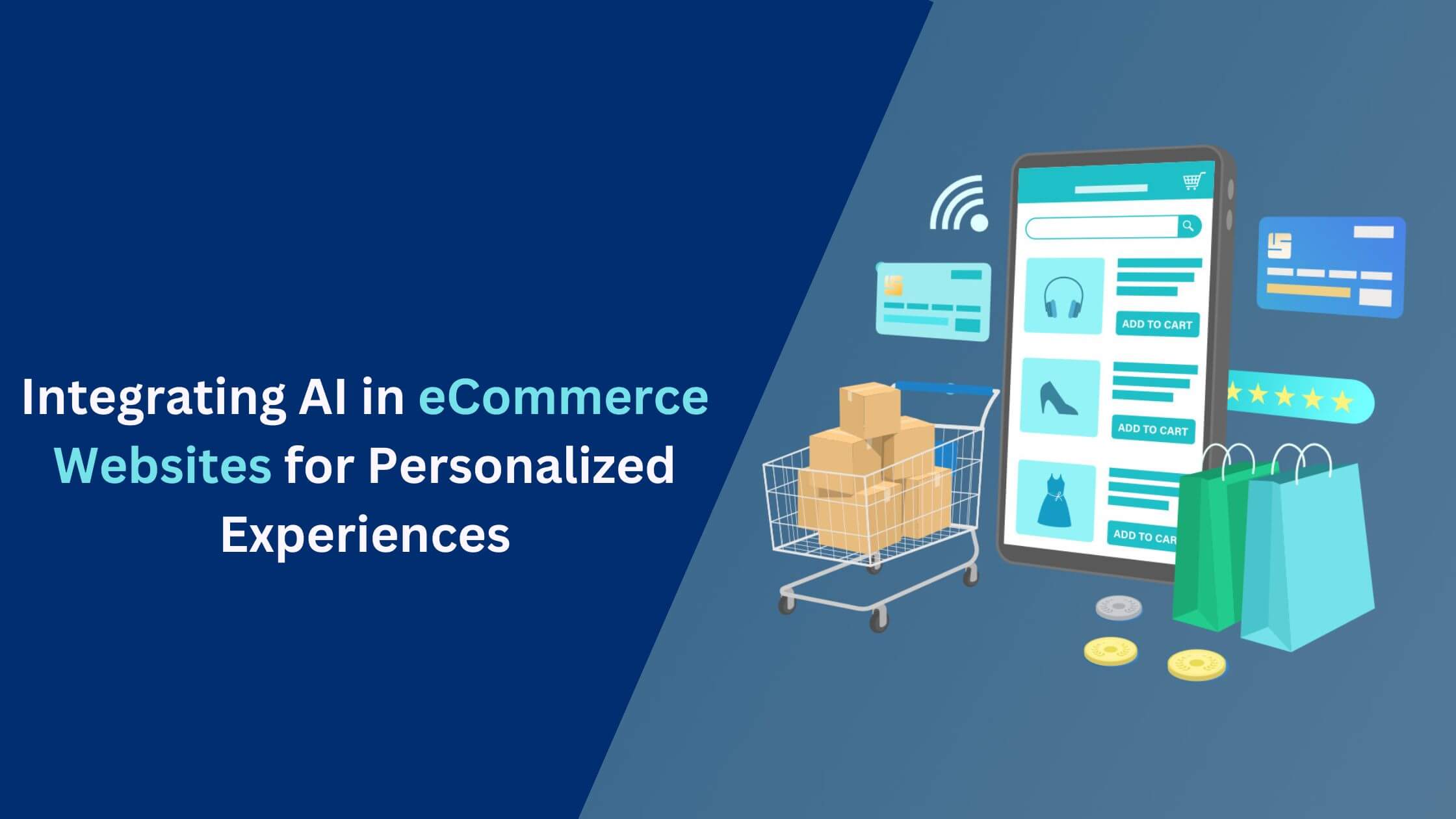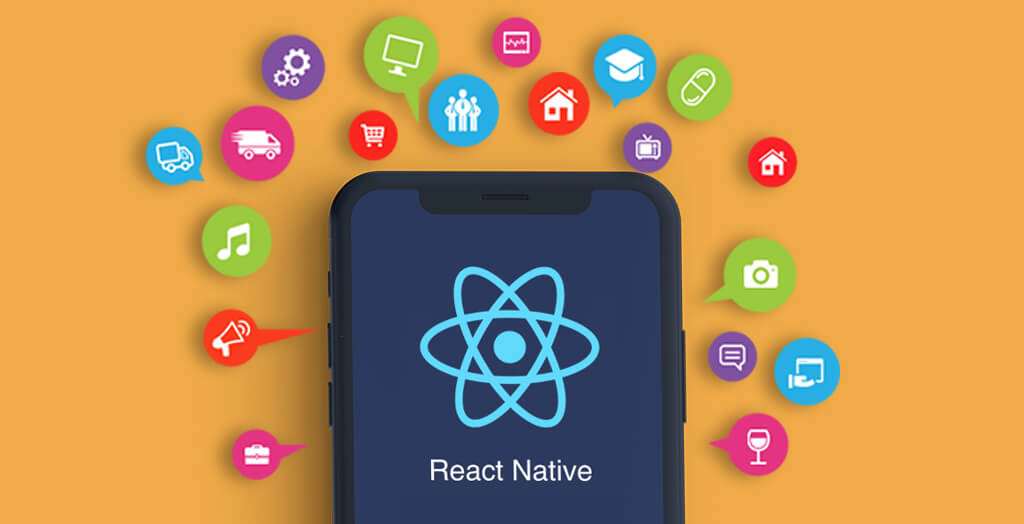In the ever-evolving world of eCommerce, the infusion of Artificial Intelligence (AI) has been a significant game-changer, transforming how companies interact with their clients. Personalized experiences are at the helm of this AI revolution. Wherein, AI algorithms assess user data to deliver tailored suggestions, improve user participation, and increase profits. This blog looks closer at the technical implications of incorporating AI in eCommerce websites, and the importance of collaborating with a specialized eCommerce website development company to create personalized and dynamic user experiences.
User Behavior Analysis with Machine Learning
A central aspect of providing tailored experiences is the capacity to understand and anticipate customer behavior. ML algorithms, generally supervised, can evaluate past user data to detect designs and inclinations. These models can build user profiles that serve as the basis for tailored advice by inspecting elements like browsing history, purchasing trends, and the engagement of specific pages.
Recommendation Engines
AI-driven recommendation engines constitute the foundation of personalized user experiences in eCommerce. Popular methods employed in these systems include collaborative filtering and content-based filtering. With the former approach, user behavior and tendencies are examined to proffer items based on the choices made by comparable shoppers. Conversely, content-based filtering furnishes items dependent on the qualities of the products with which particular consumers have come in contact. Hybrid models combine both methods to accomplish improved accuracy and suitability of recommendations. In this way, you can ensure augmented comprehension of customer inclinations.
Natural Language Processing (NLP) for Enhanced Search and Interaction
Integrating natural language processing (NLP) into eCommerce sites can improve the search and user interaction experience exponentially. NLP-fueled chatbots and virtual assistants converse with users in natural language, comprehend their queries, and provide pertinent information or backing. Additionally, enhanced search algorithms incorporating NLP can interpret user purpose more precisely. Therefore, search engine results align more tightly with what the person is looking for, no matter how it is worded. Many eCommerce website development solutions now offer advanced NLP features to extend advanced capabilities to e-commerce websites.
Dynamic Pricing Strategies
AI is revolutionizing pricing techniques in eCommerce using dynamic pricing, with algorithms changing prices dependent on real-time market conditions, rival pricing, and user conduct. Reinforcement learning algorithms can perfect pricing strategies by deciphering the results of price adjustments on user engagement, conversion rates, and total earnings. This handy approach safeguards prices’ competitiveness, amplifying buyer contentment and benefit.
Personalized Email Campaigns
The power of AI-enabled personalization is not limited to the website but also stretches to email marketing endeavors. Using predictive analytics and user behavior data, eCommerce sites can create customized email campaigns that cater to specific patron groups and offer tailored product recommendations, bargains, and material. This high degree of personalization significantly heightens email open rates, click-through rates, and, ultimately, transformation rates.
Facial Recognition for User Identification
Enhancing security and personalization, facial recognition technology can be embedded into eCommerce websites for user authentication. By recognizing facial features, AI algorithms can identify users, giving a smooth and secure sign-in experience. This technology is beneficial for mobile applications, where easy access to facial recognition leads to an effortless user experience.
A/B Testing and Continuous Optimization
Artificial Intelligence doesn’t only affect the initial implementation process- it’s also highly relevant to ongoing optimization through A/B testing. By setting up AI algorithms, distinct variants of website features like appearance, coloration, and call-to-action buttons can be efficiently tested. It allows for the capture of the most successful and engaging configurations. This iterative approach ensures that the eCommerce site is continually adapted to user preferences and aligned for maximum user involvement and conversion.
Also read: Maintaining and Updating Shopify Stores: A Development Company’s Role
Conclusion
Integrating AI into eCommerce websites is a groundbreaking voyage that encompasses more than simple automation. It is about generating personalized, intuitive, and dynamic user experiences. Numerous avenues lead to the technical specifics of AI implementation. It includes recommendation engines and custom-tailored content delivery to active pricing strategies and facial recognition,
As eCommerce enterprises attempt to stand out in a congested digital expanse, it is essential to refine customer fulfillment and boost conversion rate and corporate success. Therefore, businesses adopt AI technologies and a strategic approach to partner with a professional eCommerce website development company. Embracing the power of AI is not solely a technological decision–it is an essential requirement for eCommerce platforms that seek to flourish in the age of tailored digital experiences.









